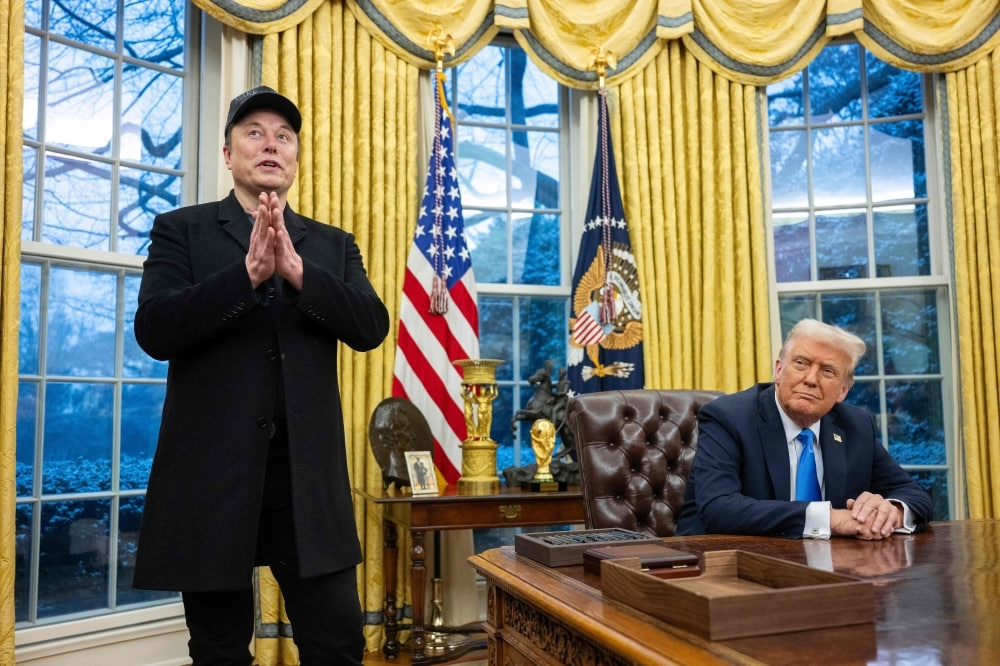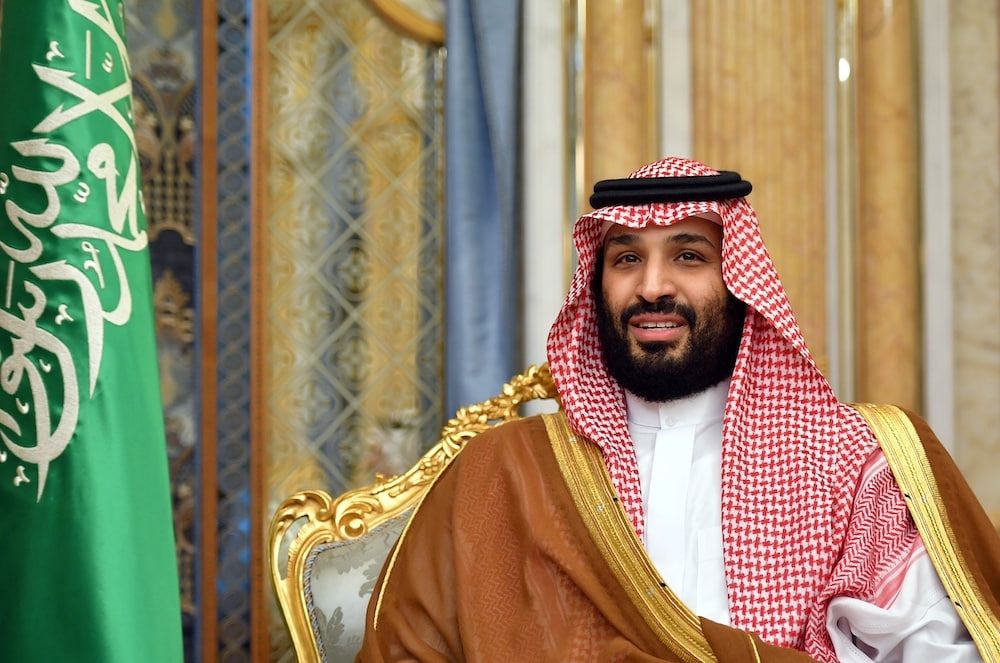Tech billionaire and Tesla CEO Elon Musk has issued a stark warning about the future of the U.S. economy, claiming that the country could face bankruptcy if drastic federal budget cuts are not made. Musk made these comments while responding to ongoing debates about government spending and national debt.
Musk’s Take on U.S. Economic Stability
Musk, known for his outspoken views on economic and political issues, took to X (formerly Twitter) to express his concerns about the government’s rising expenditures. “It’s essential,” Musk wrote, emphasizing the urgent need for fiscal responsibility. “Without significant budget cuts, the U.S. could go bankrupt.”
His remarks come amid growing concerns over the country’s increasing national debt, which has surpassed $34 trillion, according to The Wall Street Journal. Many economists warn that continued borrowing without effective spending reductions could lead to inflation, weakened economic growth, and a heavier financial burden for future generations.
Is the U.S. Really at Risk of Bankruptcy?
While Musk’s comments have sparked heated discussions, some financial experts believe the term “bankruptcy” may not fully apply to a country like the U.S. According to CNBC, the U.S. government, unlike individuals or businesses, can print money and raise taxes to manage debt. However, excessive debt could still lead to severe economic consequences, including rising interest rates and diminished investor confidence.
Economist and former Treasury official Tony Fratto told The New York Times that while a total economic collapse is unlikely, “continued deficit spending without meaningful fiscal reform could push the country toward a financial crisis.”
The Political Divide on Budget Cuts
Musk’s warning aligns with Republican calls for reduced government spending, particularly on social programs and foreign aid. Meanwhile, Democrats argue that cuts should be targeted and not come at the expense of essential services like healthcare, education, and infrastructure.
According to Reuters, the White House has maintained that strategic investments are necessary to support economic growth and job creation. President Joe Biden has proposed a mix of tax increases on the wealthy and spending reductions in certain areas to help balance the budget. However, political gridlock continues to stall progress on meaningful financial reforms.



